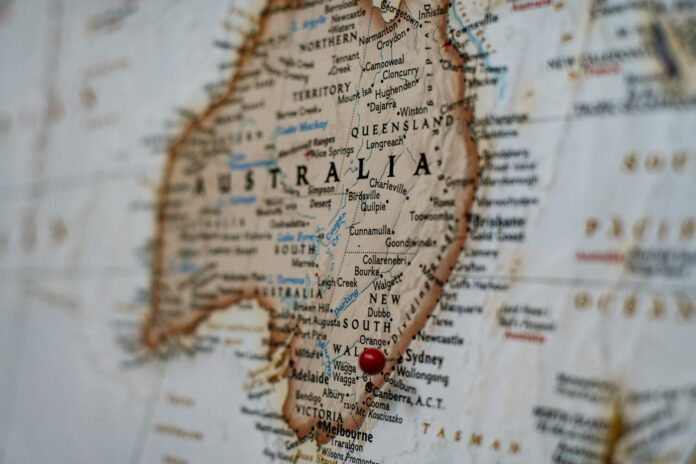Foreign Minister Penny Wong signals potential shift in policy, suggesting recognition might precede peace agreement completion
Australian Foreign Minister Penny Wong has recently indicated that Australia could recognize Palestinian statehood before the conclusion of a formal peace process between Israel and Palestinian authorities. This statement marks a significant potential shift in Australia’s foreign policy regarding the Israel-Palestine conflict. During a press conference in Adelaide, Wong articulated that while Australia traditionally held that recognition should follow the peace process, current global and regional dynamics suggest that early recognition might indeed be part of fostering peace.
In a significant move at the United Nations, Australia, aligning with 143 other nations, supported a resolution to enhance the rights and privileges of the Palestinian delegation, although not granting full UN General Assembly membership. The vote saw opposition from nine countries, including the United States and Israel, underlining the contentious nature of this issue on the global stage.
Embed from Getty ImagesAmidst this backdrop, Wong’s assertion brings to light Australia’s evolving stance, one that no longer sees the finalization of a peace process as a prerequisite for Palestinian statehood recognition. This approach, according to Wong, could potentially catalyze the peace process rather than concluding it.
The opposition in Australia, led by Shadow Foreign Minister Simon Birmingham, has criticized this move, suggesting it misaligns Australia with key allies like the United States and undermines long-standing bipartisan positions on the Israel-Palestine conflict. Birmingham argues that this decision could send mixed signals to international partners, especially those within the Five Eyes and AUKUS alliances.
The federal opposition further contends that such a pivotal foreign policy shift could be perceived as premature, especially given the ongoing violence in the region, where recent conflicts between Israel and Hamas have exacerbated tensions. They argue that prioritizing diplomatic recognition over negotiated peace could inadvertently embolden extremist factions rather than pave the way toward a sustainable peace.
This debate also resonates within the Australian Labor Party, with figures like MP Josh Burns expressing reservations about Australia’s vote at the UN. Burns highlights the complexity of the issue, noting the ongoing hostage situation in Gaza and the governance of the area by Hamas, which he and others view as a significant barrier to peace.
Analysis:
Foreign Minister Penny Wong’s suggestion that Australia might recognize Palestinian statehood independently of a peace process’s completion introduces a nuanced layer to Australia’s foreign policy towards the Israel-Palestine conflict. Politically, this move reflects a broader tendency in global diplomacy where states increasingly consider unilateral actions to prompt multilateral negotiations. This strategy could be seen as aligning with progressive international norms that advocate for proactive measures to resolve longstanding conflicts.
Economically, the implications of this policy shift are less direct but could influence Australia’s trade and security relationships, particularly with Middle Eastern countries increasingly seeking recognition of Palestinian statehood. Sociologically, the Australian government’s stance may resonate domestically within communities supportive of Palestinian rights, potentially fostering a more inclusive national conversation on international justice and human rights.
From a geopolitical perspective, Australia’s stance positions it alongside other nations that support a more assertive approach to international diplomacy in conflict resolution. However, it also risks straining relationships with allies who maintain a more conservative approach to the Israel-Palestine situation.
Ultimately, this development underscores the complex interplay of domestic politics, international diplomacy, and community values in shaping national foreign policies. As Australia navigates its role on the international stage, the decision to potentially recognize Palestinian statehood ahead of a peace agreement highlights the delicate balance between strategic interests and ethical considerations in global politics
